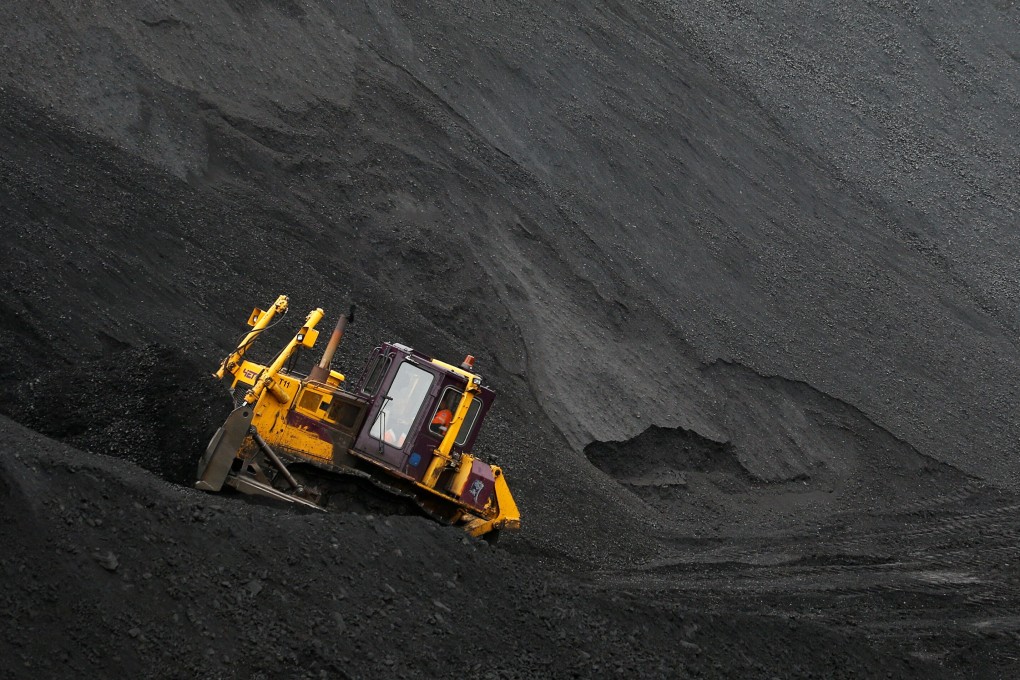China’s coal imports from Russia may increase as supply from Australia ‘expected to decline’
- China remains Russia’s biggest trading partner, but the trade deficit rose to US$5.84 billion at the end of 2020
- China halted coal imports from Australia in the fourth quarter last year amid deteriorating relations between the two countries

Russia is aiming to supply more coal to the world’s biggest energy consumer, as Beijing is also seeking to diversify China’s coal supply away from Australia amid ongoing tensions with Canberra, according to analysts.
China remains Russia’s biggest trading partner, but Russia’s trade balance since May has turned from a surplus to a deficit, largely due to a fall in exports of oil and gas and an increase in imports of electrical machinery and equipment, said Liam Peach, emerging markets economist at Capital Economics.
“The trade deficit would have been larger if it were not for the rise in Russia’s exports of copper, ores and other commodities to China, which were boosted by China’s investment-led recovery and a surge in industrial metals prices,” Peach said.
Russia’s trade deficit with China stood at US$5.84 billion at the end of 2020.
Western sanctions on Russia have seen Moscow become slightly more isolated, and encouraged a move slightly closer towards China in recent years